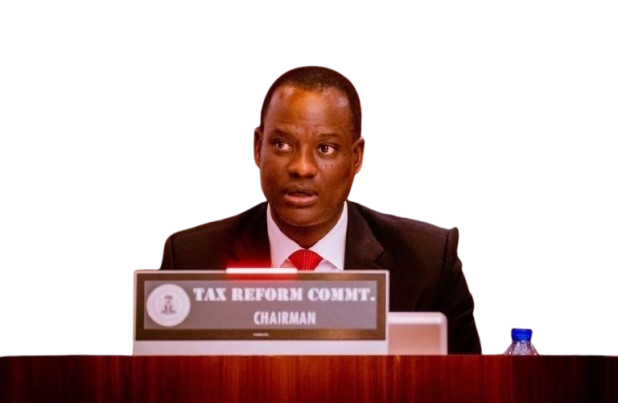The Chairman of the Presidential Committee on Fiscal Policy and Tax Reforms, Taiwo Oyedele, has assured global investors this week that Nigeria’s sweeping tax overhauls are fundamentally designed to reduce business risk, simplify compliance, and ensure a fairer fiscal environment.
Speaking on the sidelines of the World Bank/International Monetary Fund Annual Meetings in Washington D.C., Oyedele positioned the reforms not merely as a revenue-generation exercise, but as a crucial structural adjustment aimed at boosting investor confidence and promoting inclusive growth.
Oyedele revealed this in an interview conducted with Arise TV on Thursday morning from the World Bank premises.
He highlighted that the current system’s complexity and multiplicity of levies have historically created uncertainty, driving up the cost of doing business, a critical barrier the new policies are engineered to dismantle.
Key elements of the reform package presented to international finance and investment leaders include consolidating Nigeria’s dozens of taxes into a streamlined structure, leveraging technology for automated compliance, and shifting the tax burden away from low-income earners and small businesses.
“We have about 60 different taxes; we are going to repeal and replace obsolete tax laws,” Oyedele stated, emphasising that the reduction in the number of taxes is aimed at providing clarity and predictability for investors operating in the Nigerian market.
He stressed that the reform agenda seeks to make tax compliance frictionless for businesses while broadening the tax base to capture sectors and individuals previously operating outside the net.
The core principle guiding the committee’s work, Oyedele explained, is a move toward a progressive system where the affluent contribute a proportionally higher share, while vulnerable populations are protected.
In direct succession to a question regarding the equitable distribution of the tax burden, Oyedele stated, “We have been very intentional in balancing out both the rich and the poor. The middle class will see a decline in tax burdens, and those at the top end of the spectrum will see a slight increase in their effective tax rate because we need to balance the books as much as possible. Everyone benefits from the simplification and efficiency, but the burden must be progressive.”
This progressive approach aims to shield households earning below a specified threshold (reported to be around ₦250,000 per month) from paying income tax, providing much-needed relief amid current economic pressures.
By cutting complexity and focusing on compliance efficiency, the government hopes to lift Nigeria’s historically low tax-to-GDP ratio and create a transparent ecosystem conducive to sustained foreign direct investment.
The meetings serve as a critical platform for the committee to manage expectations and solidify international support for the ambitious policy timeline.









